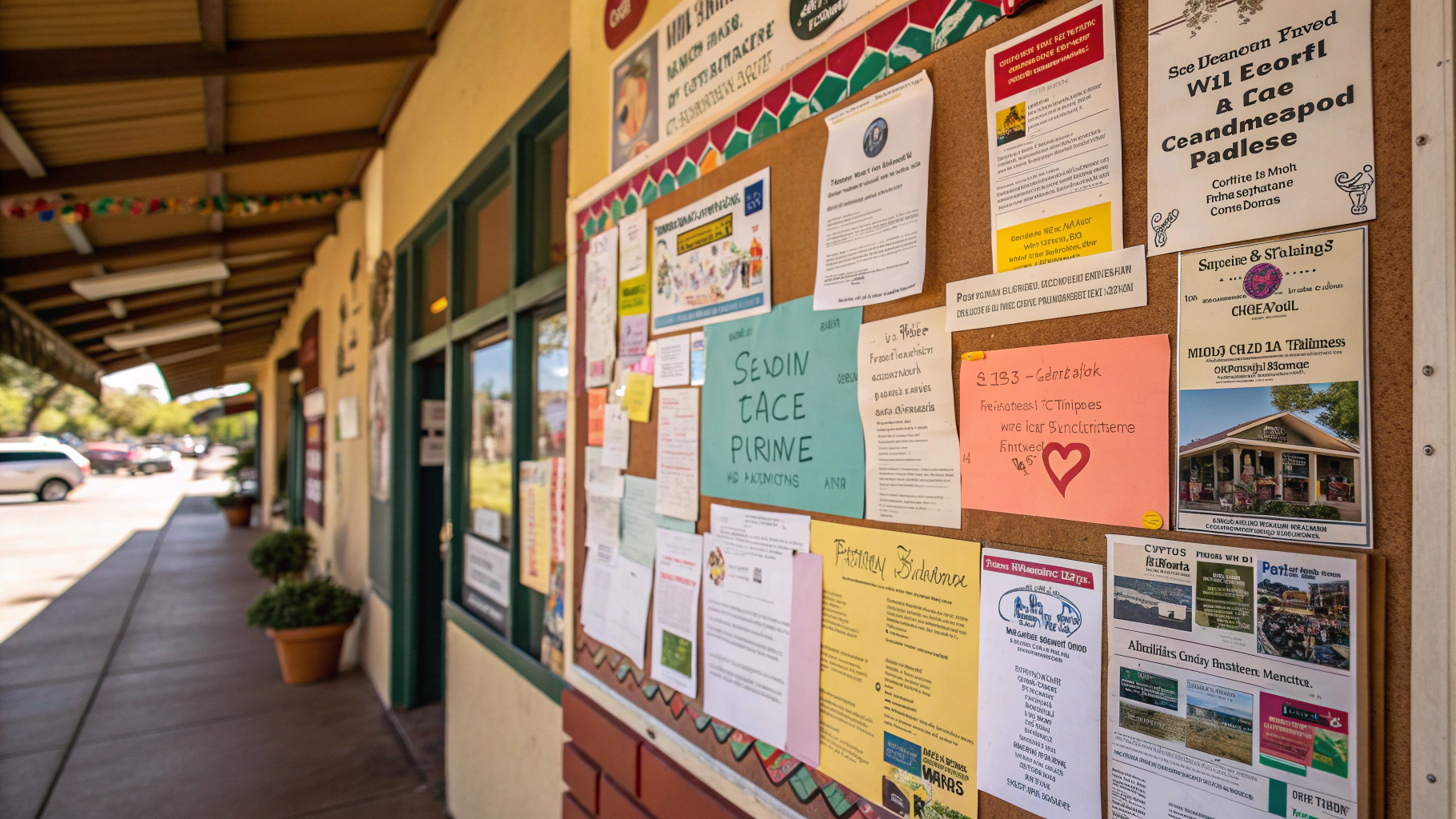From infancy to adulthood, human development progresses through various stages, each characterized by distinct physical, cognitive, emotional, and social changes.
Understanding these stages is crucial for parents, educators, psychologists, and anyone involved in the nurturing and support of individuals at different phases of life.
In this article, we’ll delve into the key stages of development and explore the intricacies of each.
Prenatal Stage:
The journey of human development begins even before birth. The prenatal stage encompasses the period from conception to birth. During this time, rapid physical growth occurs, laying the foundation for future development.
This stage is divided into three trimesters, each marked by specific milestones and critical developments such as organ formation, sensory development, and the emergence of reflexes.
Factors like maternal health, nutrition, and environmental influences significantly impact prenatal development, highlighting the importance of prenatal care and support.
Infancy:
Infancy, typically spanning from birth to around 2 years of age, is characterized by remarkable growth and development. Infants undergo significant physical changes, transitioning from helpless newborns to mobile explorers.
Motor skills such as grasping, crawling, and eventually walking emerge during this stage, enabling infants to interact with their environment. Cognitive development accelerates as infants learn through sensory experiences, develop language skills, and form attachments with caregivers, laying the groundwork for future social and emotional development.
Early Childhood:
Early childhood, extending from ages 2 to 6 years, is a period of rapid cognitive, social, and emotional development. Preschoolers become increasingly independent, refining their motor skills, language abilities, and problem-solving capabilities.
This stage is characterized by imaginative play, curiosity, and the acquisition of fundamental social skills like sharing, cooperation, and empathy.
Early childhood experiences, including interactions with peers and caregivers, shape children’s self-concept, emotional regulation, and overall development.
Middle Childhood:
Middle childhood, spanning from ages 6 to 12 years, is a crucial stage marked by continued cognitive and social development. Children enter formal schooling, where they refine academic skills, develop a sense of industry and competence, and establish peer relationships.
Cognitive abilities expand, allowing children to think logically, solve complex problems, and understand abstract concepts. This stage is also pivotal for moral development, as children begin to internalize societal norms and values while exploring their identity and autonomy.
Adolescence:
Adolescence, typically ranging from ages 12 to 18 years, is a period of profound physical, cognitive, and socioemotional changes. Puberty heralds the onset of physical maturation, accompanied by hormonal fluctuations and the development of secondary sexual characteristics.
Adolescents grapple with identity formation, seeking autonomy while navigating peer pressure, societal expectations, and self-discovery. Cognitive abilities continue to advance, enabling abstract reasoning, future planning, and moral reasoning.
This transitional stage prepares individuals for adult roles and responsibilities, shaping their aspirations, values, and relationships.
Adulthood:
Adulthood encompasses the period from late adolescence onward and is characterized by increasing stability, responsibility, and personal fulfillment. Early adulthood, typically spanning from the late teens to the 30s, is a time of exploration, career development, and establishing intimate relationships.
Middle adulthood, extending from the 40s to the 60s, often involves career consolidation, family responsibilities, and reflection on life’s purpose and achievements. Later adulthood, from the 60s onward, may bring retirement, changes in physical health, and a focus on legacy and generativity.
Despite the challenges and transitions, adulthood offers opportunities for personal growth, wisdom, and meaningful contributions to society.
Emerging Adulthood:
Emerging adulthood, a concept proposed by psychologist Jeffrey Arnett, describes the transitional period between adolescence and full-fledged adulthood, typically spanning from the late teens to the mid-20s or even later in some cases.
This stage is characterized by exploration, instability, and identity formation as individuals navigate higher education, career choices, relationships, and independence.
Emerging adults often grapple with uncertainties and possibilities, seeking to establish a sense of self and purpose amidst societal expectations and personal aspirations.
Midlife Transition
Midlife transition, often referred to as a midlife crisis, represents a significant stage of psychological and emotional development typically occurring in the 40s or 50s. During this period, individuals may experience introspection, reevaluation of goals and priorities, and a sense of dissatisfaction or restlessness with their current life circumstances.
Midlife transition prompts individuals to confront existential questions, reassess relationships and career paths, and seek deeper meaning and fulfillment. While it can be a challenging time, midlife transition also offers opportunities for personal growth, renewal, and the pursuit of newfound passions and purposes.
Late Adulthood and Aging:
Late adulthood encompasses the later stages of life, typically beginning in the 60s or 70s and extending into old age. This stage is characterized by physical, cognitive, and socioemotional changes, including retirement, declining health, and loss of loved ones.
Late adulthood presents unique challenges such as adjusting to retirement, coping with age-related health issues, and maintaining social connections and a sense of purpose.
Despite the inevitable challenges, late adulthood also offers opportunities for wisdom, reflection, and enjoying fulfilling relationships, hobbies, and experiences accumulated over a lifetime.
Understanding the complexities of late adulthood is crucial for promoting healthy aging, fostering resilience, and enhancing quality of life for older adults.
End-of-Life Transitions:
End-of-life transitions represent the final stage of human development, encompassing the period preceding death. This stage involves physical decline, increased dependency on others for care, and reflection on one’s life and legacy.
Individuals and their loved ones navigate complex emotions, including acceptance, grief, and the search for meaning in the face of mortality. End-of-life transitions present challenges such as managing pain and discomfort, making decisions about medical care, and addressing unresolved issues.
However, this stage also offers opportunities for closure, reconciliation, and finding peace as individuals prepare for the inevitable end of life.
Intergenerational Relationships and Legacy:
Intergenerational relationships and legacy play a crucial role in human development, bridging the gap between past, present, and future generations.
As individuals age, they contribute to the continuity of family, community, and cultural traditions, passing down knowledge, values, and stories to younger generations. Intergenerational relationships offer opportunities for mutual support, learning, and connection across age groups.
Additionally, individuals strive to leave a lasting legacy through their contributions to society, whether through achievements, philanthropy, or the values they instill in future generations.
Understanding the importance of intergenerational relationships and legacy fosters respect, empathy, and a sense of interconnectedness among individuals of all ages.
Conclusion:
Human development is a dynamic journey characterized by distinct stages, each with its unique milestones, challenges, and opportunities.
By understanding these stages and the factors influencing them, individuals and communities can provide support, guidance, and resources to facilitate optimal development across the lifespan.
Whether nurturing infants, educating children, or supporting adults, recognizing the intricacies of human development fosters empathy, resilience, and holistic well-being.










